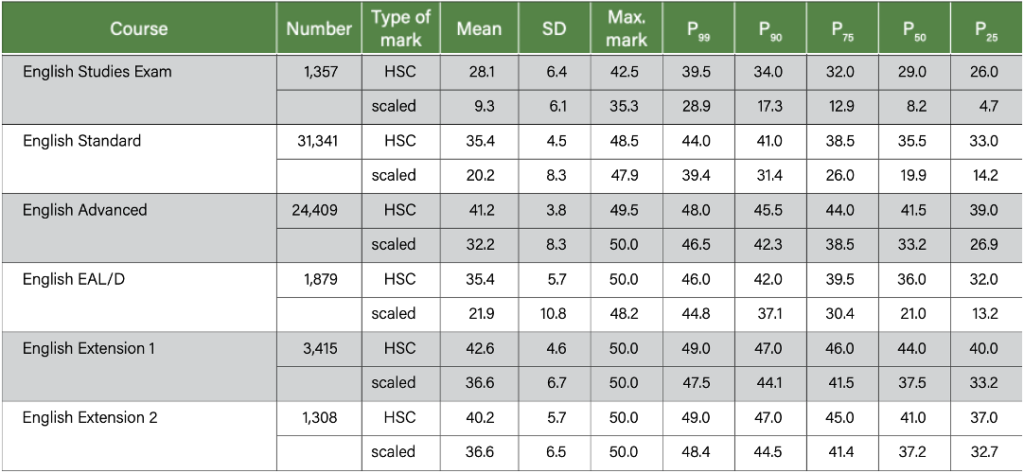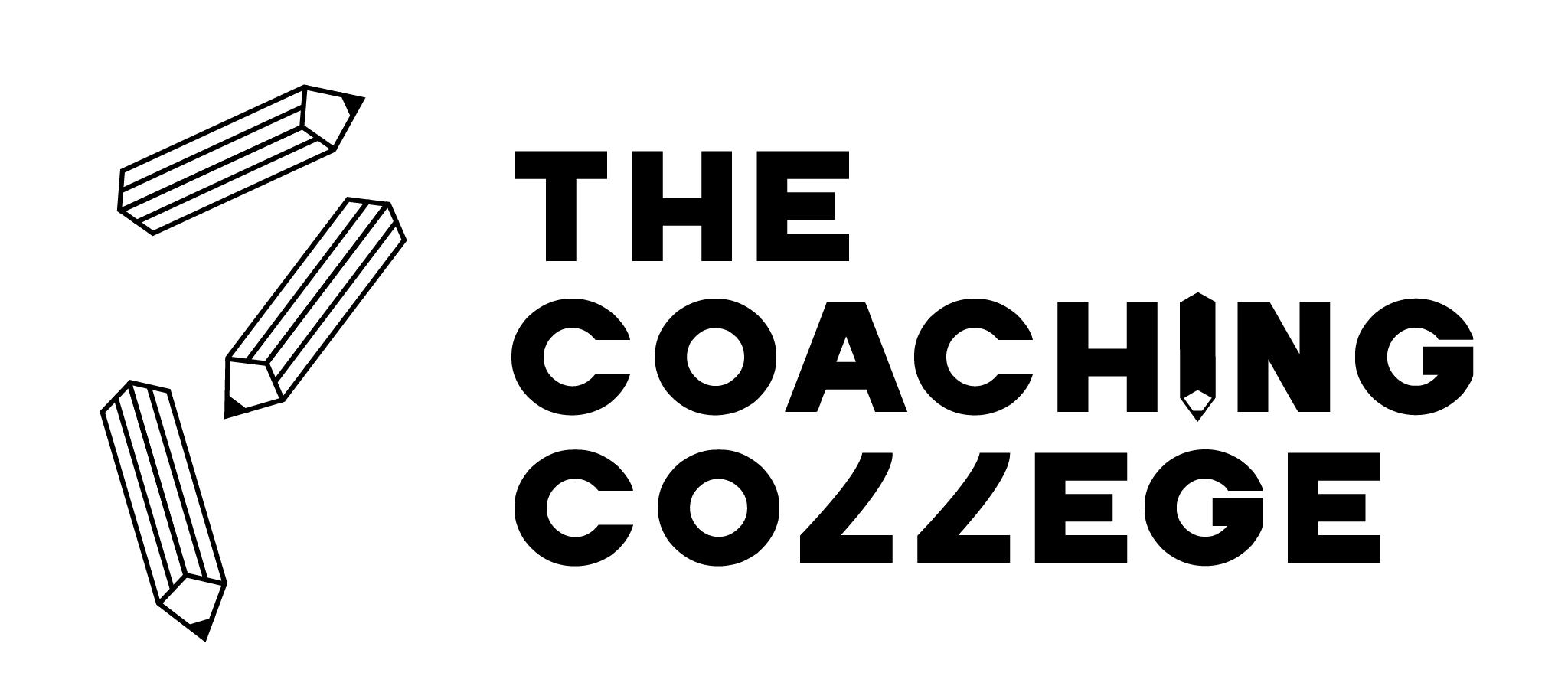
27 Apr 5 Tips on Year 10 Subject Selection
It can be a daunting task when you’re asked to sit down and select your subjects as a Year 10 student for the final two years of your academic life. Although it’s an essential process, the good news is that it’s meant to play to your strengths and interests.
You are supposed to choose subjects that set yourself up for Year 11 and 12, and give you a head start into tertiary education or whatever you wish to pursue after high school. So here’s a guide we’ve put together to help you along with your choices.
TIP #1 THINK ABOUT LIFE AFTER HIGH SCHOOL
First of all, explore a range of careers or industries that you’re interested in. You might even have a specific job in mind, which is great. Read up on all of these in detail, and check out the relevant university courses you want to get into in order to work in those fields.
Remember, to be eligible for some university courses you need to have assumed knowledge or compulsory subjects, and this is where subject selection in Year 10 is very important. It means that by selecting the correct subjects now, you will be eligible for the university courses you want straight after high school. You get to your goals faster.
Although that there are always other options in case you need to invoke Plan B, this may mean a pathway that takes you through TAFE and delays your plans for university entry for another year or two. It’s not the end of the world of course, just a longer way around to your destination.
TIP #2 AIM HIGHER AND SEE HOW YOU GO
As a general rule of thumb, always choose the higher level because you never know how you might go with it, and I mean that in the most positive way possible.
The reason for this is that it’s not possible to move up from English Studies to English Standard, or English Advanced to English Extension. But you can go down, from Extension to Advanced, or Standard to Studies.
If you try to ask your school to move up after sitting in class and realising it’s far too easy or boring, you will most likely be told that it’s too late as the course has progressed too far for anybody new to join.
However, if you choose a more challenging level of subject, you can always drop down after a while, if the level is just too much for you to keep up with. This gives you flexibility and options. You don’t want to be stuck doing a subject that is not challenging enough for you, so try and avoid the standard subjects and aim higher.
TIP #3 CHOOSE ELECTIVES ACCORDING TO YOUR INTERESTS
You are the one that needs to sit and do the work for the next two years, so choose subjects that you find enjoyable. This will work to your advantage, so take note as we lay out some facts:
Fact #1: Some subjects aren’t worth it
Thinking of Business Studies? Maybe consider Legal Studies instead, and think about branching out to Economics, Geography, History, or Biology. If you take on Business Studies, you’ll be ready for the HSC in 6 months time as the quality and quantity of content in this subject is just not adequate in my opinion.
Fact #2: PDHPE scales better than Standard Maths
If you don’t want to do Physics or Chemistry, opt for PDHPE instead, which covers a good selection of material across Biology and Sciences. But do you really want to just sit through a repeat of Year 9 and 10 Maths, which is the Standard Maths curriculum? There may be a better way to occupy your time.
Fact #3: ‘Advanced’ scales better than ‘Standard’
Don’t be intimidated by the subject level labelled ‘Advanced’. Instead, let me draw your attention to the fact that that high marks in Standard subjects don’t hold the same value as high marks in Advanced subjects. The table below extracted from page 13 of the UAC Preliminary Report on Scaling of the 2021 HSC demonstrates just this.

The first column shows the scaled mark out of 50 for the top 25% of students in that subject. In English Advanced, a top 25% performance HSC mark of 41.2 would be scaled to 32.2. In English Standard, a top 25% performance HSC mark of 35.4 would be scaled to 20.2.
This means that a better outcome in English Standard amounts to much less than it does in English Advanced.
Fact #4: Consider a minimum of Advanced English and Advanced Mathematics
I strongly recommend that anyone wishing to attend university consider these subjects. As these are higher-level subjects, Year 10 students will be required to demonstrate their competency in these subjects to their school that year. By doing so, you are not pressured into selecting easier levels of English and Mathematics, which can restrict your subject offerings.
TIP #4 FOCUS ON YOUR BEST INTERESTS
Over the years, I’ve had parents and students tell me stories about the stress they’ve been put under by schools that push very capable students into easier level subjects. When this happens, these particular schools are able to boast about their top performing student cohort, where the average mark in Standard Maths is 90 per cent.
While this makes the school look good, placing proficient students in lower level subjects actually drags down individual student marks. Furthermore, students become bored because they are learning content way below their capability. Worse still, when students cruise through subjects like this, they do not develop their problem solving and critical thinking skills as they potentially could.
It can be tough to stand up to the pressure and not give in, but just remember that at the end of the day, you need to look out for your own best interests and learning.
TIP #5 TAKE ADVANTAGE OF A FRESH START
The great news is that if you’re in Year 10, next year is a fresh start. No matter what’s happened up to now, you basically get a clean slate. Take this opportunity to choose subjects that you enjoy, in order to build up your skill set and prepare yourself in the best way possible for tertiary studies – with skills that align with your strengths and interests as a person.
Just remember the golden rule: aim higher to begin with, and you can always go down later.
Don’t hand in your selection forms without sharing your ideas with another peer, a parent or your tutor. What you choose now affects the last two years of your high school education: your HSC years.

